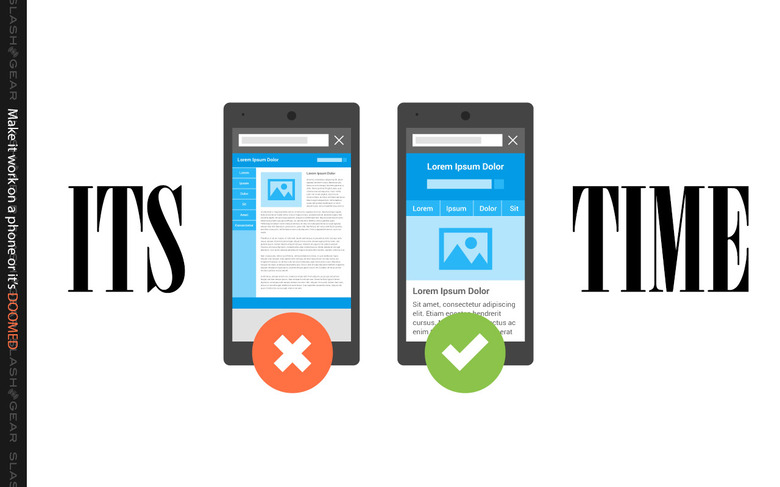Google Mobile-First Indexing: The Old Web Is Out, By Default
Today Google announced that they've got a timeline for when they'll move to mobile-first indexing for all websites starting in September of 2020. For most websites, this won't be a big deal. Most modern websites – news sites and social networks especially – have been ready to roll with "mobile friendly" design for several years at least. It's the old guard that should worry.
Google suggested today that approximately 70% of sites shown in Google search results "have already shifted over." The vast majority of the internet's modern websites – the ones that get updated, anyway – are already good to go for Google's next big change.
"Our guidance on making all websites work well for mobile-first indexing continues to be relevant, for new and existing sites," said John Mueller, Developer Advocate, Google Zurich. "In particular, we recommend making sure that the content shown is the same (including text, images, videos, links), and that meta data (titles and descriptions, robots meta tags) and all structured data is the same."
Google recommends that all webmasters take a peek at the Mobile-first indexing best practices as soon as possible – regardless of the sort of website that's hoping to be indexed by Google Search in as ideal a manner as possible. If you'd like to know if your website is ready to roll for the future, head to the Google Search Mobile-Friendly Test and give it a whirl.

Google wants the internet to be usable, simple, readable, and helpful for the public. The Google Search Engine will continue to search sites that aren't optimized for their latest version of what they feel is appropriate for Google search results. What's about to change is the way in which Google chooses the sites that appear in the first page, the second page, and the rarely-visited third page of search results.
This does NOT mean that we'll necessarily see more "mobile" websites. Google goes so far as to recommend against making "separate mobile URLs (often called "m-dot")" because of the "issues and confusion we've seen over the years, both from search engines and users." Thank goodness for that.
If you've got a favorite webpage you visit often that's clearly NOT prepared for this change, let us know – or better yet, let THEM know. Send them to the Google checker linked above. It's in everyone's best interest that this design change be made right this minute!
